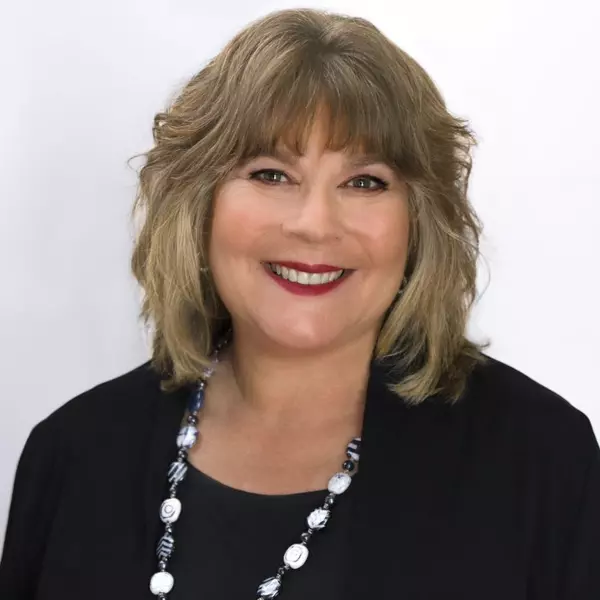AGAVE Brings its Undiscovered Musical Gems to the Athenaeum in La Jolla


If labels like “early music” and “baroque” make you think of all-Bach recitals in front of nodding octogenarians, you probably haven’t heard AGAVE, the 17-year-old Bay Area ensemble visiting La Jolla’s Athenaeum on Monday.
Co-founded by ex-metal heads Aaron Westman (violin) and Kevin Cooper (guitar), Grammy-nominated AGAVE dropped “Baroque” from its name in 2021 to acknowledge a simple fact: neither its musical territory nor its approach neatly fit the early-music pigeonhole.
Speaking from Seattle last week, AGAVE’s co-artistic director, Henry Lebedinsky, characterizes the ensemble’s evolution since 2008 (he joined in 2012) as a collegial mission of exploration. Channeling his passion for musicological discovery (“I dig for fun”), Lebedinsky helped AGAVE craft a singular discography anchored in clever themes and undiscovered gems:
- “Friends of Ferdinand” (2013), which showcased music from the court of the Holy Roman Emperor
- “Queen of Heaven” (2015), featuring music of an seventeenth-century nun, Isabella Leonarda
- “Peace in Our Time” (2018), highlighting composers affected by Europe’s Thirty Years War (1618 to 1648),
- “American Originals: A New World, A New Canon” (2021), exploring music of Western hemisphere composers of color, anchored in the songs of American Florence Price and the voice of countertenor Reginald Mobley
- “In Her Hands” (2023), featuring soprano Michele Kennedy, singing wildly diverse music by fourteen female composers, from Clara Wieck Schumann to Margaret Bonds
AGAVE’s core roster consists of Westman, Cooper, Lebedinsky, Anna Washburn (violin), and Bill Skeen (cello), with regular assistance from Katherine Kyme (violin/viola). Though not a member, Mobley has graced three of AGAVE’s most recent albums and will join them at the Athenaeum.
Lebedinsky explains how Mobley and AGAVE crossed paths. “I had transcribed about 150 pieces of Isabella Leonarda, and I was really interested in doing a Leonarda disc. She had written a couple pieces from the perspective of the Virgin Mary. They’re so personal, they’re so intimate. Aaron and I had both played with [vocal ensemble] Seraphic Fire in Miami, and we met this up-and-coming countertenor named Reggie Mobley. I said, ‘Hey, what about our friend, Reggie?’ It’d be kind of kind of different to have a male voice singing these texts. And we called up Reggie and he said, ‘Sign me up.'”
Mobley was also at the center of AGAVE’s innovative American Originals album, to be featured in Monday’s program at the Athenaeum. “American Originals stems from a program that Reggie and I created back in 2008-2009. In 2010 we started touring with this program we called ‘Every Time I Feel the Spirit’. It was music of black composers from over 250 years. And then after the murder of George Floyd, Aaron Westman, and I said, ‘I think this is the moment to launch this program’. It was the moment to really show that these composers were always there, but the reason they were being neglected is one part racism and one part this idea of the Canon of the Greats.”
That Usual Suspects canon — Bach, Corelli, Handel, Vivaldi — is, of course, male, white, European and quite dead. “One of the things that AGAVE has tried to do,” Lebedinsky enthuses, is say, “There’s great stuff out there.” To overcome fear of avoid scaring audiences away, Lebedinsky adopted a “One of Mine, One of Yours” strategy: “When I was interim artistic director of Charlotte Chamber Music, my programming concept was ‘I’m going to give you a Mozart string quartet, and then I’m going to give you Pavel Wranitzky [1756-1808] on the same program. You don’t know the composer, so if I give you all Wranitzky, you probably wouldn’t show up. But I’m going to give you a little Mozart, right? And then you learn something new.’”
AGAVE’s “something new” mission continues with their next touring program, “Distant Shores.” “It’s music mainly by women (and a couple of black men) from Japan, from the Philippines, from Hawaii, from Scotland, from England, from Puerto Rico — all islands, communities that are separated by ocean, but linked by a common stewing in Western classical music mixed with the sense of place.”
Lebedinsky sees expanding music’s canon as integral with AGAVE’s “historically informed performance” approach. “Nobody in AGAVE is a literalist. That’s kind of the joy. Kevin and Aaron are both metal heads. They both have a lot of experience with rock. I’m a folk player; I’m a Celtic traditional guitarist. Anna comes from a fiddling family. So we’re all ultimately making music first. We all live in these multiple worlds of old music and new music. We have specifically turned that versatility into one of our hallmarks. But the thing is, we want to be informed. We want to have the information and the sources to know how this music was performed. We want that to influence our playing. But ultimately, we’re creating something new. We’re creating a performance for 2025 not for 1997 not for 1897 or for 1697.”
Seventeenth- and eighteenth-century music will always be AGAVE’s core. “We love that repertory. We’re not abandoning it or and we’re not downplaying it. But ultimately, our focus is on music. We are dedicated to this idea of wonder, discovery and challenge: to expand the repertoire into not just something we do on the side, but a real focus of what we are. As musicians, we have a responsibility to amplify these voices. AGAVE is in a unique position to do that because of the group’s inherent versatility and the group’s fearlessness in approaching these different types of repertoire. We’re going to give you a damn good show, because every piece on the program is interesting, challenging, beautiful, inspiring.”
Paul Bodine is a San Diego writer.
Categories
Recent Posts










GET MORE INFORMATION


